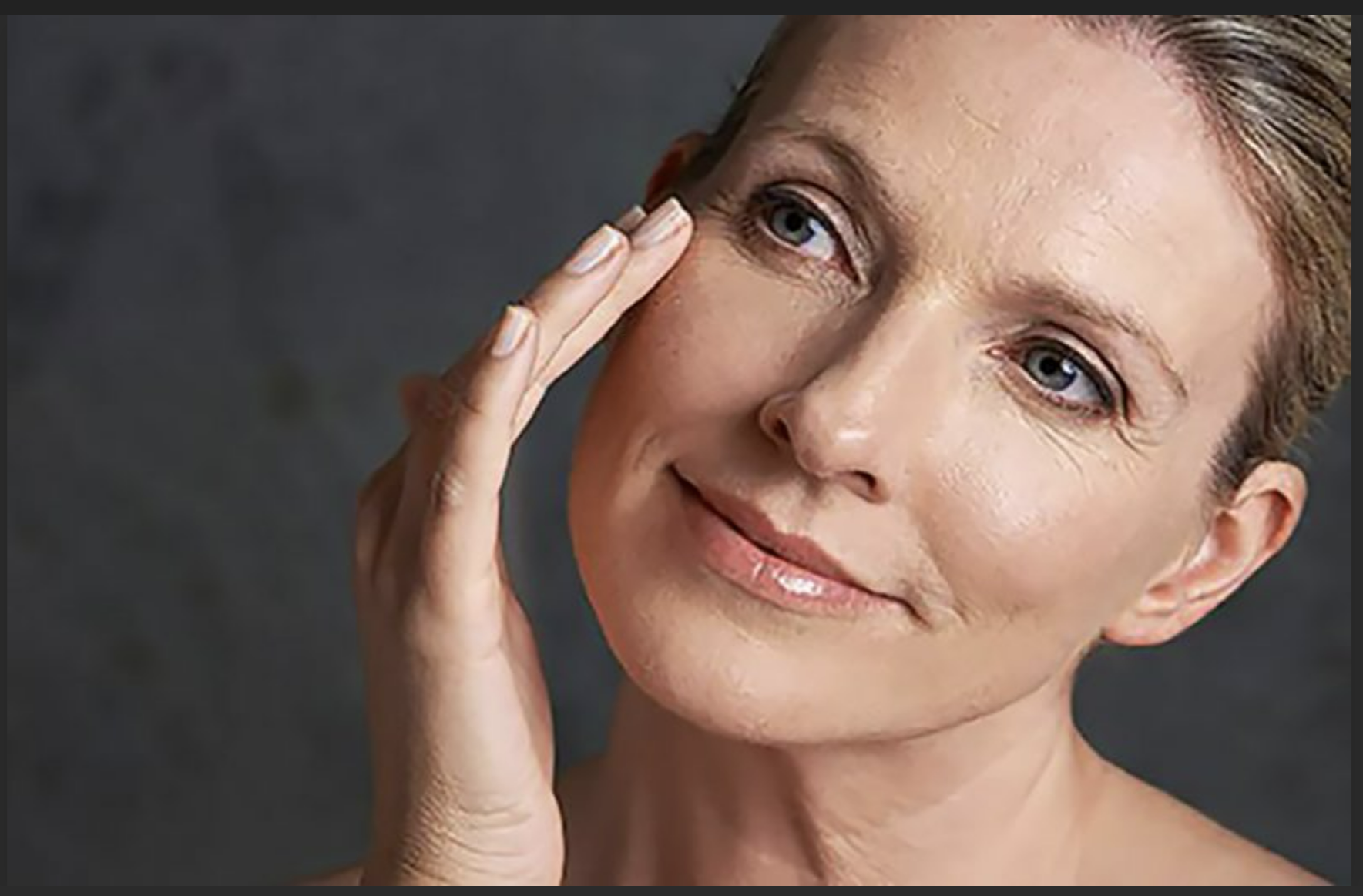

· By Estefania Jover
Why should we take care of our skin?
Often, we think skin care is purely cosmetic. Yet, we overlook the fact that the skin is not only an organ but also the largest one in the human body! In an adult, it weighs about 11 pounds and covers an area of about 22 square feet. Hence, like any other organ, it requires proper care.
The skin's primary function is to serve as a protective barrier, isolating and safeguarding us from all external agents that could harm our body, whether they are physical, chemical, or biological. However, for it to effectively perform this role, our skin needs to be active and elastic. Constant exposure to environmental factors means our skin undergoes changes that affect not just our appearance but ultimately our health. This is one reason why the food, cosmetic, and pharmaceutical industries are continually developing products to prevent, delay, or minimize aging and protect and heal the skin.
Skin aging is a natural occurrence triggered by both internal (natural aging inherent to all living beings) and external factors (exposure to sunlight, chronic stress, smoking, among others). The dermal layer of the skin (the deeper layer) can be impacted by natural aging, causing fibroblasts to synthesize less collagen. As a result of reduced fibroblast activity, an imbalance occurs between the degradation and synthesis of collagen in the dermis. This phenomenon leads to the appearance of fine lines, commonly known as wrinkles. As the aging process progresses, wrinkles become deeper, and the skin increasingly lax.
For skin care, both the pharmaceutical industry and dietary supplements have long utilized hydrolyzed collagen. Numerous clinical studies have shown this supplement to offer various benefits, such as bioavailability, rapid absorption in the digestive tract, entering the bloodstream, and the ability to accumulate in the skin 96 hours after ingestion. Moreover, in vitro studies have shown that fibroblasts activated by hydrolyzed collagen trigger the production of collagen, hyaluronic acid, and elastin. Furthermore, after ingestion, this collagen can remain in the dermis for 14 days, providing protection against the sun and improving moisture retention while helping to repair the skin's elastin and collagen fibers.
Currently, there are various commercial products based on collagen, whether dietary supplements or cosmetics. However, not all are created equal. At Youthbites, we use hydrolyzed collagen from the product VERISOL, which consists of bioactive collagen peptides. Scientific studies on this type of collagen show that skin elasticity significantly increases four weeks after starting treatment, and this effect is maintained over time after the treatment ends. This means that increasing skin elasticity reduces wrinkles and boosts collagen deposits in the dermis.
Scientific references for this article were sourced from:
Lupu, MA., Gradisteanu Pircalabioru, G., Chifiriuc, MC., Albulescu, R., and Tanase C. (2020). Beneficial effects of food supplements based on hydrolyzed collagen for skin care (Review). Experimental and Therapeutic Medicine, 20(1), 12-17.
